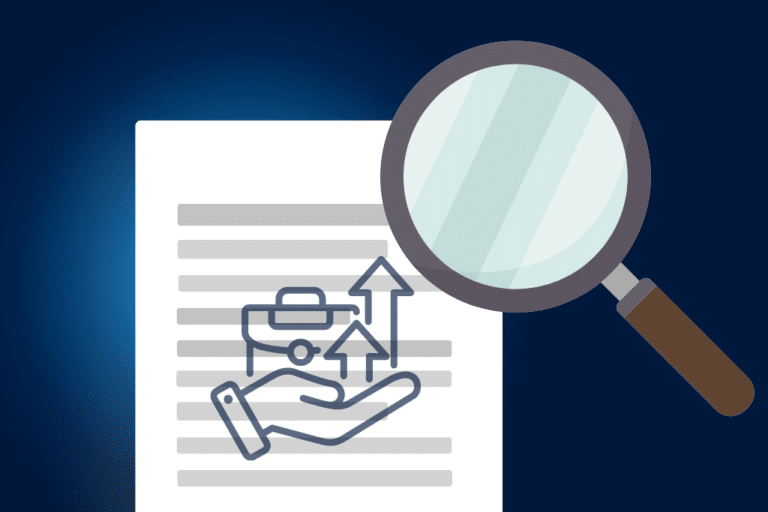Better known as the Compliance Officer, the Compliance Officer is responsible for ensuring that rules and standards are properly applied within the company… and his or her role doesn’t stop there.
So what does a Compliance Officer’s day-to-day job entail? What are the Compliance Officer’s training courses, average salary and tools?
Compliance Officer Definition
Within a company, the Compliance Officer is the person in charge of verifying compliance with standards and regulations, as well as the conformity of all processes implemented. His or her role is no small one, since he or she is the guarantor of the legality and ethics of internal practices.
The Compliance Officer’s remit is potentially vast. In fact, they depend on the activity and size of the organization in which they work.
In general, the compliance officer :
- Identifies the risks of non-compliance within the company. Regular checks are carried out to ensure that legal standards are being properly applied;
- Drafts ethics and regulatory documents (compliance charter, internal regulations);
- Suggests and implements remedial solutions to limit risks;
- Communicates constantly with line management and all teams, to raise awareness of ethics and the application of standards;
- Last but not least, the compliance officer regularly monitors the latest legal and regulatory developments.
At the crossroads of internal control and ethics, the Compliance Officer helps the company to avoid ethical and legal risks that can be very costly in human and financial terms. His or her reports and recommendations feed into the company’s strategic decisions.
What training do you need to become a Compliance Officer?
Compliance officers must have a sound knowledge of the laws and regulations that apply to the company in which they work. This includes banking law, compliance issues and international regulations.
The best candidates for this type of position generally come from a legal background. In fact, a Master’s degree in Law gives you a thorough grasp of the issues at stake in the profession, and the link between the laws in force and the company’s activities.
That said, not all compliance officers have studied law at university. There are other degrees, generally Bac+5, that can lead to this type of job, such as :
- Master’s degree in Institut d’Études Politiques (IEP)
- Engineering or business school diploma
- MBA (law, finance compliance, business ethics and compliance management)
In addition to legal expertise, the Compliance Officer needs to master risk analysis, and be at ease with financial, tax and management issues.
What is the Compliance Officer’s job description?
The compliance officer’s duties are based on 4 areas of work:
- Implementation of the compliance plan. This includes legislative and regulatory monitoring, implementation of procedures, and their integration into the company’s tools. Drafting of documentation (rules, standards, business processes) is also covered;
- Application of the compliance process, i.e.: communication on the documentation drawn up. It also involves monitoring of decision chains and information traceability, detection of risk areas, and implementation of a control schedule;
- Implementing a remediation policy in the event of risk. This entails proposing corrective actions to management, monitoring their application, and raising awareness among the teams concerned;
- Follow-up remediation actions, with regular reporting, compliance reports and alerts to avoid sanctions.
It’s a job that calls for good organizational skills: the Compliance Officer handles an abundance of documentation, and deals with many different people.
Compliance Officer salary ?
Compensation for compliance officers varies according to profile, seniority and company size. Most job vacancies offer an annual salary of between €35,000 and €65,000.
Software for Compliance Officers ?
Digital technologies are a great help to Compliance Officers, given the sheer number of documents and interlocutors involved in compliance processes. As companies handle ever-increasing volumes of contracts, the difficulty of the job increases, making the use of a centralized, intelligent software solution essential.
The use of a contract management solution is particularly relevant for Compliance Officers. DiliTrust’s CLM solution enables :
- Facilitate the drafting, validation and signature of contracts;
- Automate contract compliance monitoring, thanks to artificial intelligence and alerts;
- Facilitate communication with employees, even from a distance;
- Automate the creation of customized reports and audits.
The DiliTrust Suite can be customized to meet specific corporate needs, saving Compliance Officers valuable time in all aspects of their work. It centralizes processes previously dispersed between several tools, limiting the risk of error, and facilitating their organization as Compliance Officers on a day-to-day basis.


